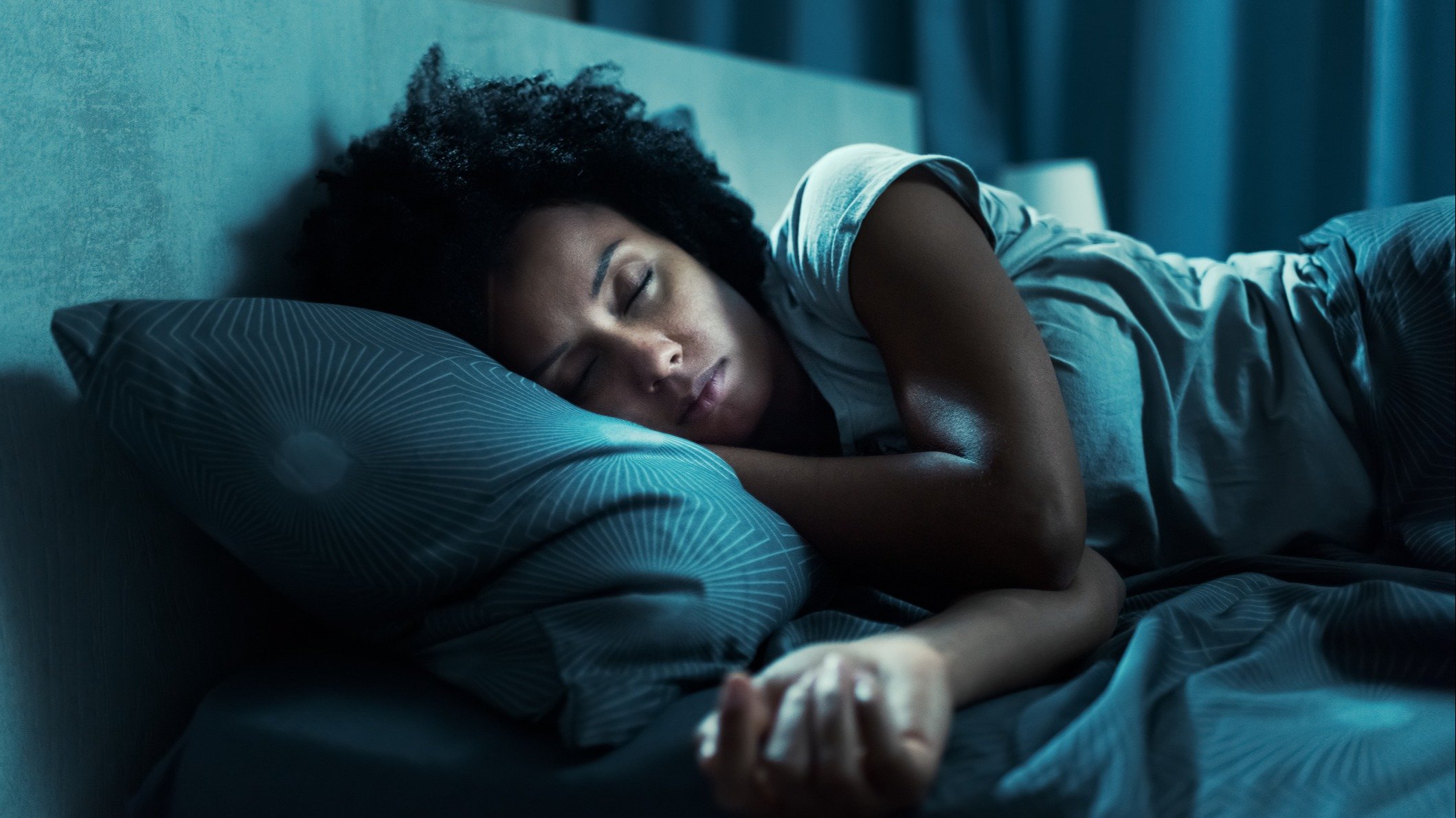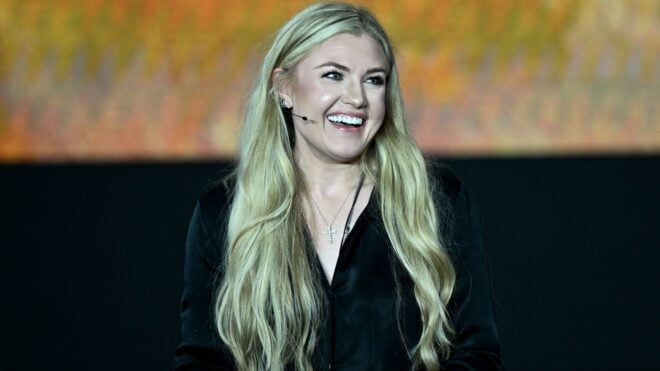
As a personal trainer, Justin Agustin knows a lot about how to maximize your workouts, strengthen your core, and improve your endurance. But he also knows how important it is for the body to rest and simply be still. That's why the fitness expert switched gears to drop some seriously useful knowledge on TikTok about training your body to fall asleep fast — and it's been blowing people's minds.
The "sleep hack" is actually based on a military technique
In the TikTok, Agustin explains that it's meant to help soldiers fall asleep "any time, any place" — even on the battlefield. But it was mainly developed for fighter pilots, who need to have 100% of their reflexes set when they're conducting a mission.
@justin_agustin Technique to falling asleep in 2 minutes! Insp. AsapSCIENCE on YT #sleep #fallasleep #insomnia #insomniac #learnontiktok #howto ♬ You – Petit Biscuit
According to Agustin, the concept is simple yet effective
To get started, all you have to do is lay down in bed, close your eyes, and calm your body. (OK, so maybe that last part is easier said than done.)
Agustin describes this as "systematically" shutting down your body from head to toe, by visualizing your muscles relaxing.
First your forehead, then your eyes, cheeks, and jaw … breathing deeply as you move throughout your body.
From there, keep going
Let go of any tension in your neck, loosen your shoulders, and let your arms lay limp by your side.
Make this feeling of ease and relaxation continue throughout your body — from your hands and fingers right down to your toes. Then visualize a warm sensation starting at your head and working its way down, too.
All the while, remember to focus on your breathing
It will help to regulate your body, and take your mind off of any outside stress or noise you may hear.
Agustin also has some tips for how to do this properly. He suggests imagining yourself in two different scenarios — one, in which you're lying in a canoe that's floating in the middle of a lake, and another in which you're lying in a hammock, in a pitch black room.
If you find your mind drifting, force it back on track
Agustin says to repeat two words over and over in your mind to focus on: *Don't think, don't think, don't think … *
Before long, all those noisy thoughts should quiet down and you'll be sound asleep.
As crazy as it sounds, it's actually proven to work
But here's the coolest part: Agustin says it should work within just two minutes of closing your eyes. (Yes, really.)
Of course, you'll have to train your body first. (Agustin suggests trying the routine every night for six weeks to get into the groove.) But after that, you should be golden.
In less than two weeks, the TikTok had racked up nearly 8 million views
Most were from people who suffer from insomnia or other sleep issues who say they can't wait to give this hack a try. Others are from people who've been doing some version of this their entire lives.
"I'm a military brat and was taught this," one person shared. "I also had a veteran as a psychology teacher in college who taught this. It definitely works."
"My mom basically taught me this as a child," another person said, "We started with 'my toes are asleep' and worked our way up."
"I didn't know this was a military thing," someone else wrote. "A college professor told me about this. I fall asleep before I reach my feet!"
"I actually do this sometimes," one user wrote. "It takes a lot of focus but it works!"
The sleep trick is useful for everyone, but especially for insomniacs
And according to some experts, that applies to more people than ever these days, thanks to a little phenomenon known as "coronasomnia" (or "pandemic insomnia").
A UK study conducted in August 2020 found that the number of people experiencing consistent insomnia rose from one in six to one in four. (And — surprise, surprise — the sleep problems were reportedly worse for mothers and essential workers.) Similar trends have also been reported over the past two years in China, Italy, and Greece — particularly during lockdown periods.
Needless to say, the US hasn't escaped this, either. Last year, the American Academy of Sleep Medicine conducted a survey in which more than 50% of Americans reported an increase in sleep problems since the pandemic first began.
(If you ask us, this TikTok video couldn't have gone viral at a better time.)




